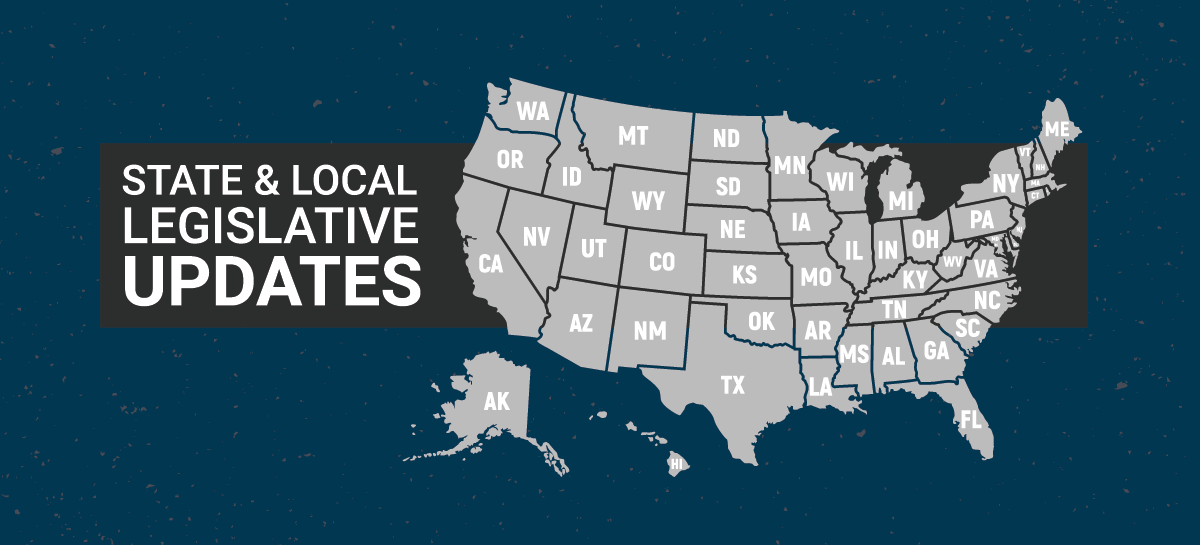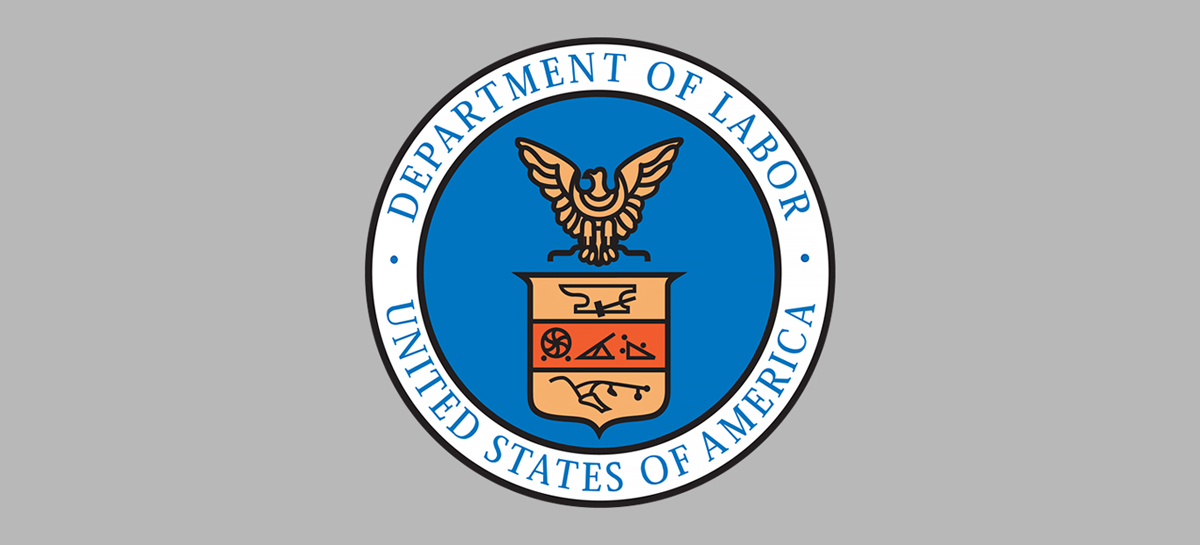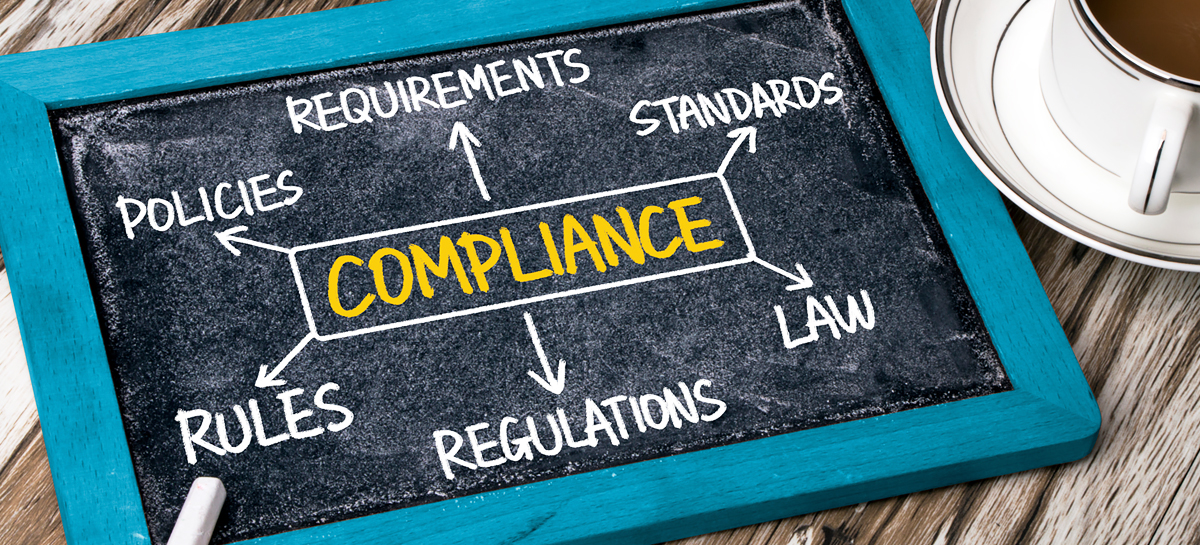
California Deadline for 2024 Pay Data Reporting Is May 14, 2025 – Employers with 100 or more employees and/or 100 or more workers hired through labor contractors, in each case at least one of whom is in California, must file annual workforce pay data reports with the state Civil Rights Department (CRD). 2024 pay data reports are due on Wednesday, May 14, 2025, and the portal for submitting 2024 reports opened on Feb. 3, 2025.
Continue reading






